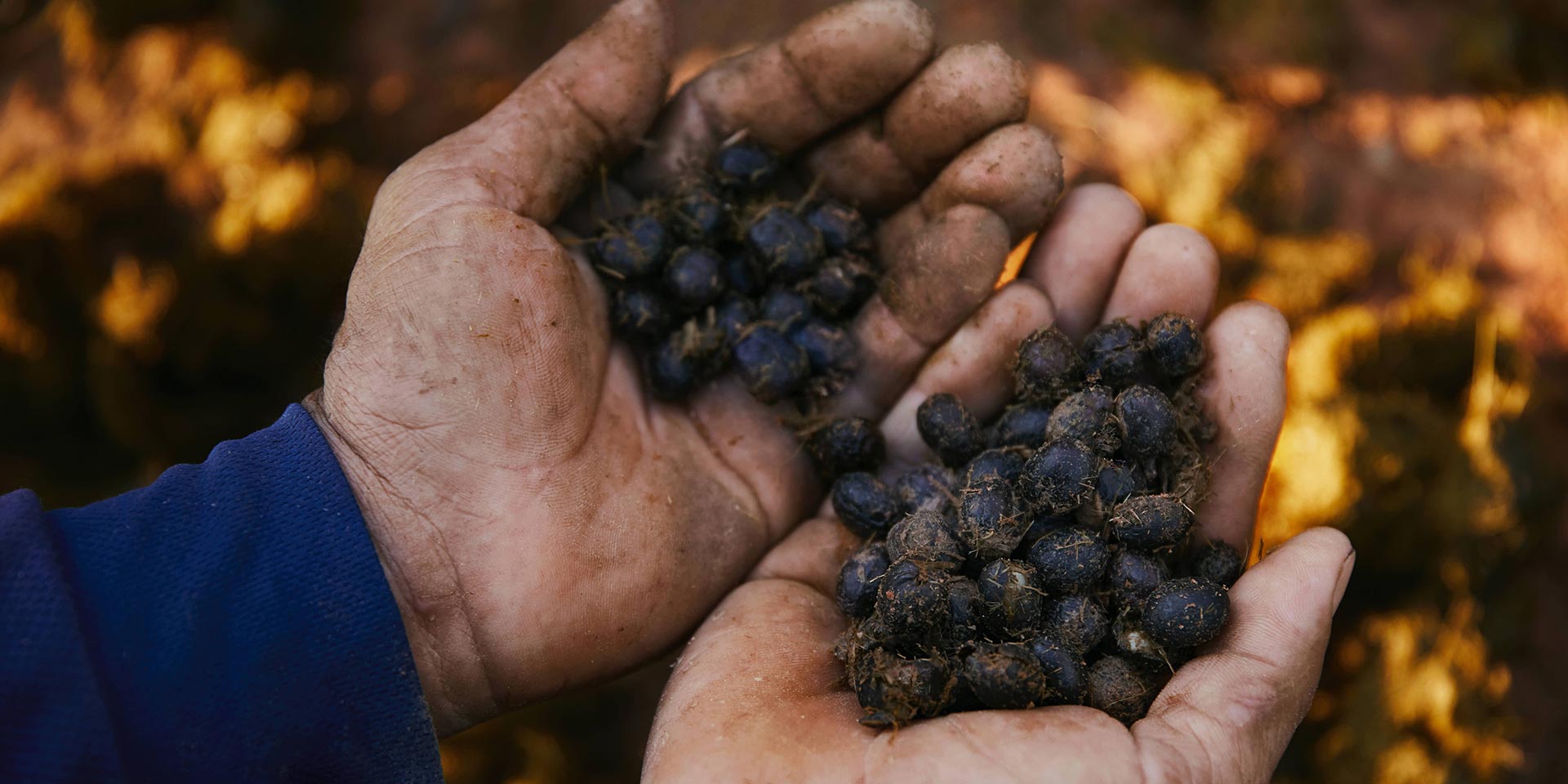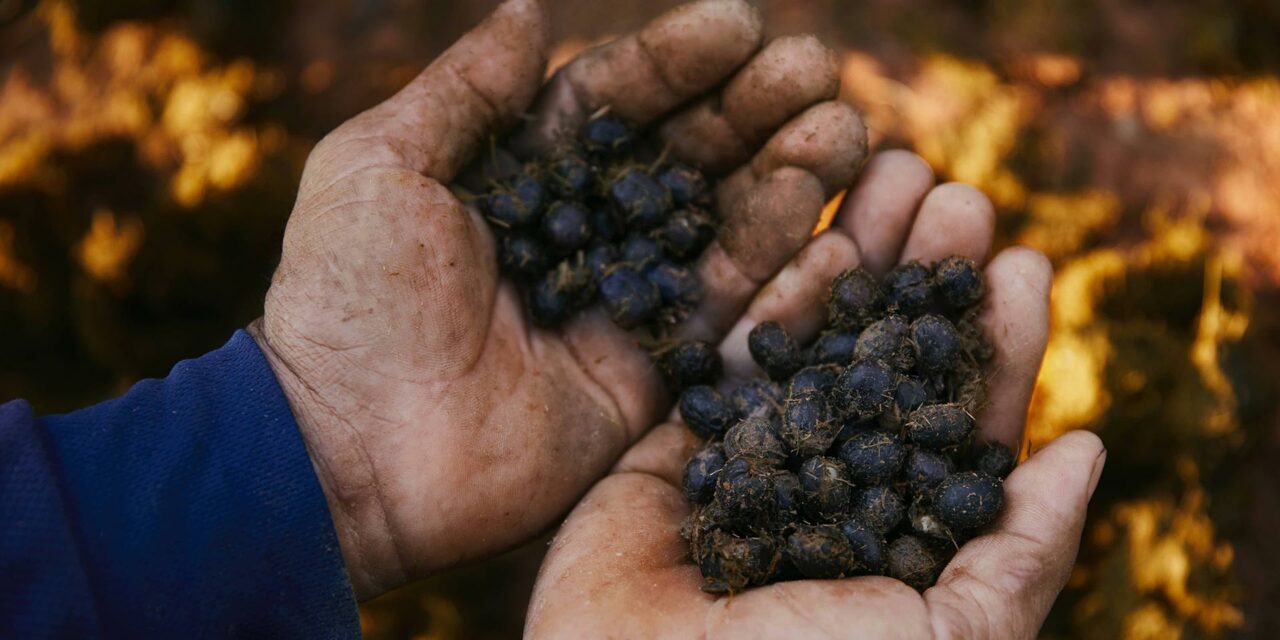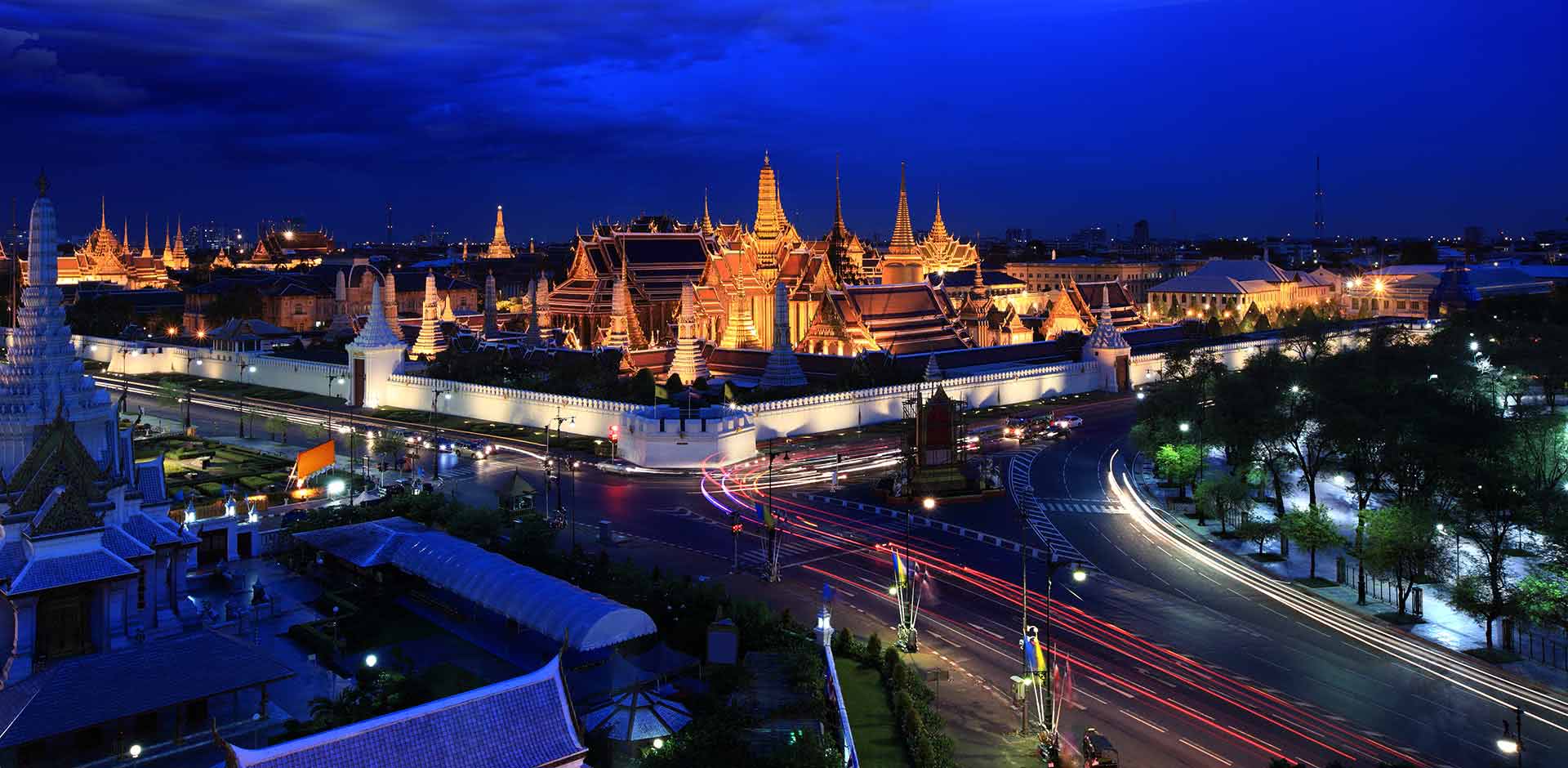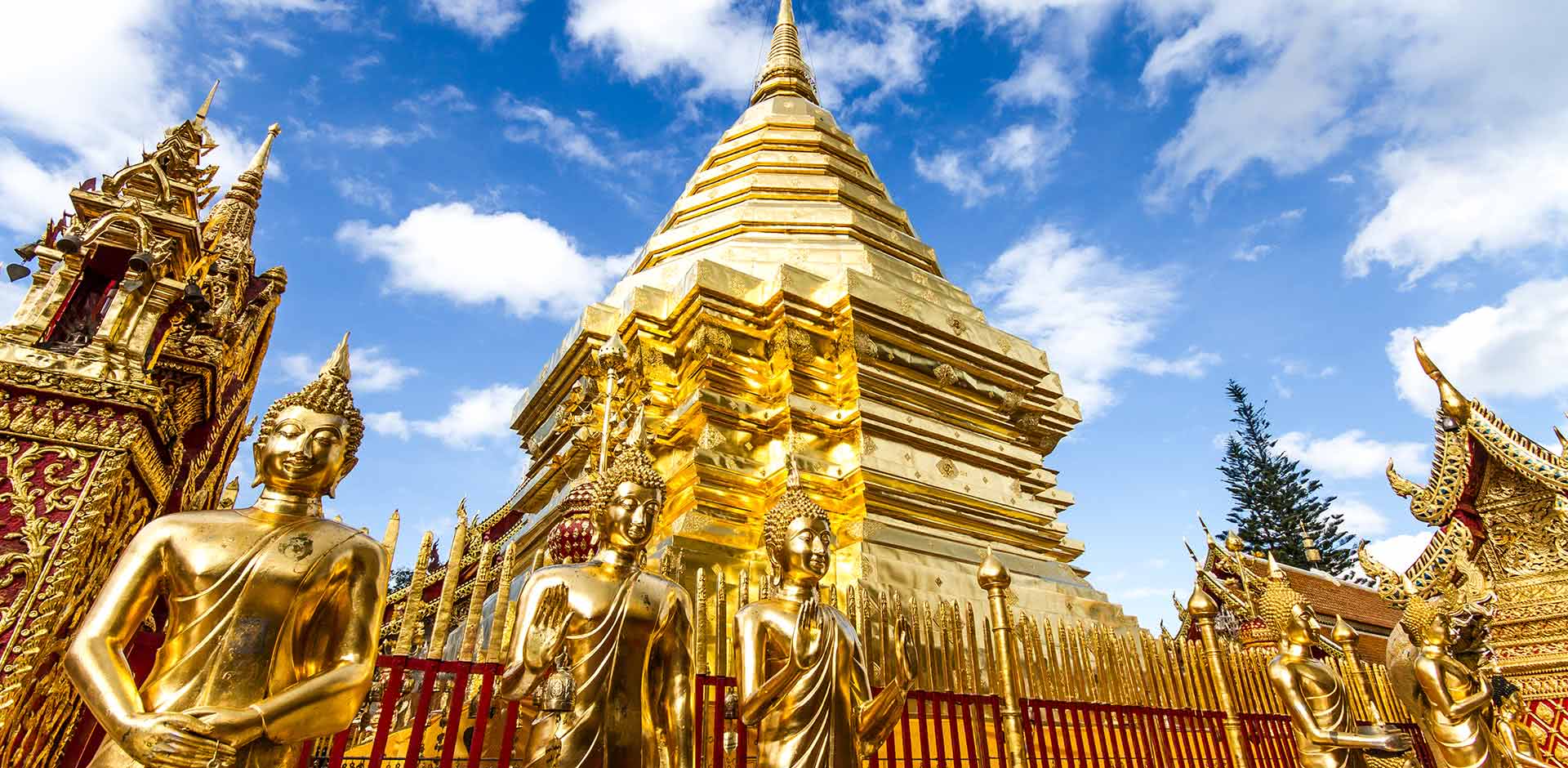“It is the most expensive coffee in the world so by nature that limits the number of people who can afford it,” says owner and founder of Black Ivory Coffee, Blake Dinkin. “Black Ivory Coffee is presented to create what I think is among the most unusual coffee drinking experience in the world.”
At around $500 a pound, Black Ivory Coffee is a twist on the sometimes cruel methods involved in making kopi luwak – Indonesian coffee processed through the digestive system of a civet cat. Black Ivory Coffee, on the other hand, is created with a little help from elephants. Featured on Jay Leno and renowned for its uniqueness, the highly-prized Black Ivory Coffee is only served at select 5-star hotels in Macau, the Maldives, and Thailand, including Anantara Golden Triangle Elephant Camp & Resort.
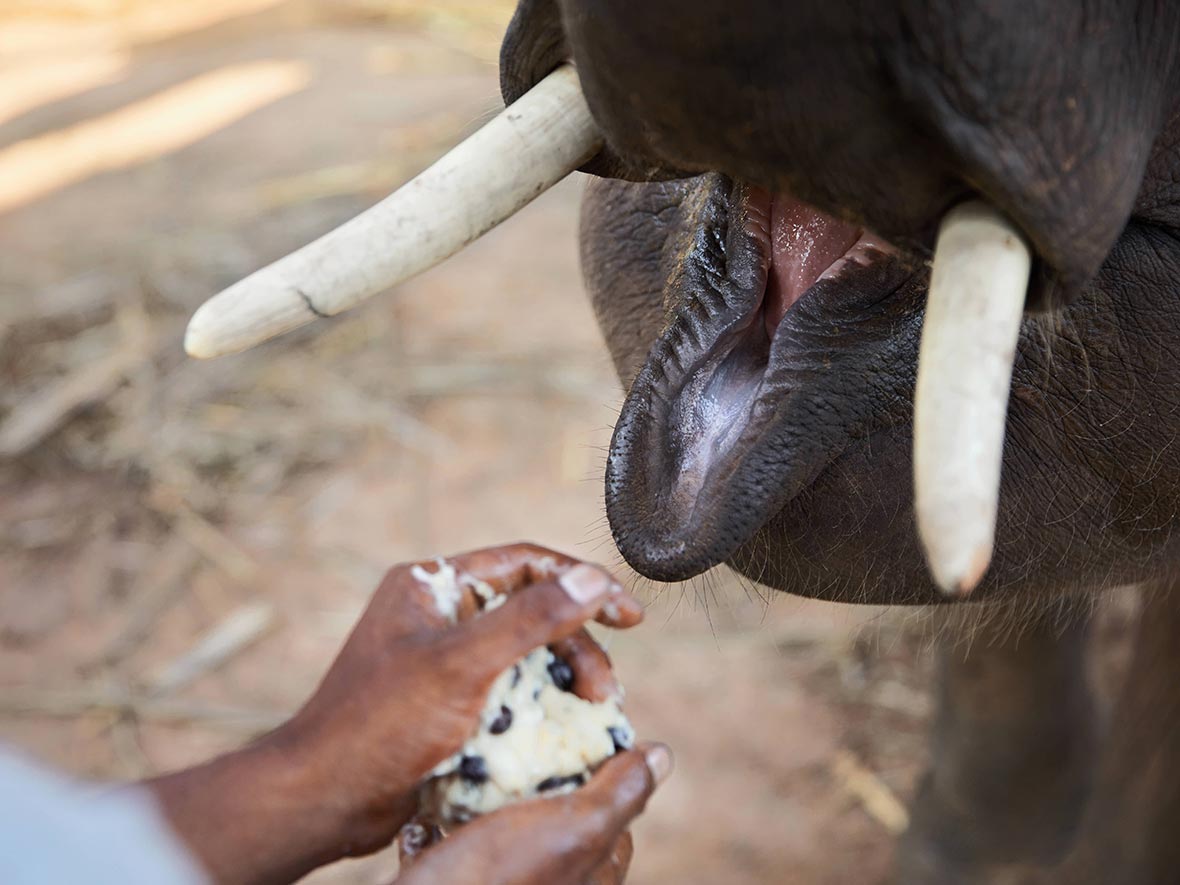
ABOVE: Elephant being fed coffee beans.
Blake himself worked with civets, including the Ethiopian Wildlife Conservation Organization, to improve the conditions in which the civets held. But conservation in this realm seemed futile, so Blake took to other ways of producing a unique coffee.
His soon learned of wild elephants entering coffee fields and eating the beans during droughts in Asia and West Africa. Working with an elephant sanctuary in Canada, Blake discovered that, indeed, elephants enjoy snacking on raw coffee.
Blake “waited for nature to take its course” and eventually tried his first cup. “It was terrible,” he says. Seven years were spent experimenting and perfecting what has become the most expensive coffee in the world.
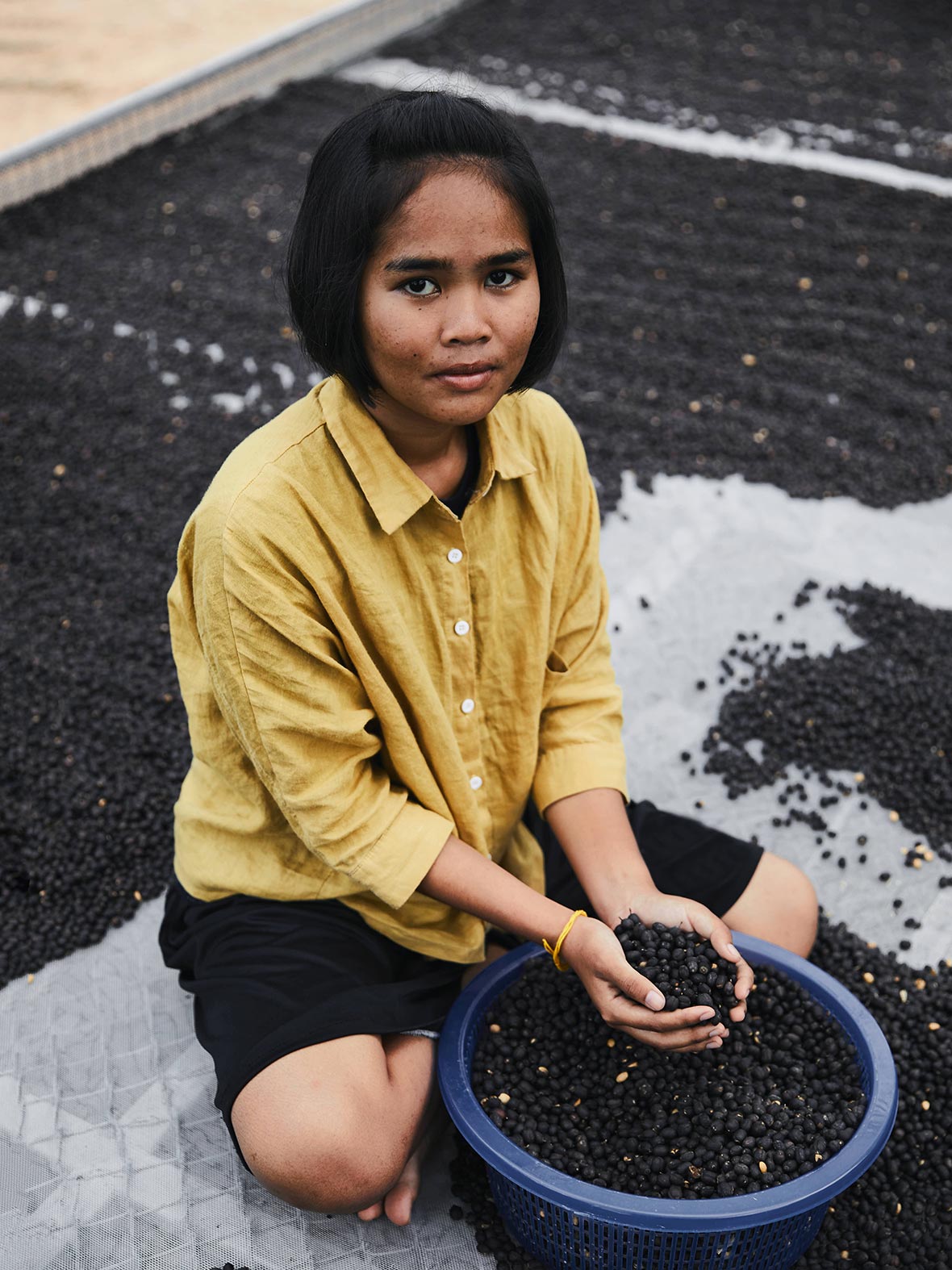
Black Ivory Coffee is the only coffee in the world produced with help from pachyderms, and Blake claims conservation and ethical practices lay at the heart of the company and coffee production. Eight percent of the company’s sales to the Golden Triangle Asian Elephant Foundation.
“My dream is for Black Ivory Coffee to provide a form of income for the elephants who are no longer needed or wanted in tourism because they are too old, injured or psychologically unable to be around tourists,” Blake says. “The reality is that elephants can live more than 80 years and the families [who take care of the elephants], for the most part, love their elephants and they are regarded as a member of the family.”
Exactly how Black Ivory coffee is produced is a secret, although Blake happily describes the general steps involved for the elephant. The animals eat the coffee beans mixed in with other food – specially selected to enhance the flavor of the coffee. In 12 to 72 hours everything passes through the digestive tract and gets – ahem – deposited on the ground. Locally hired families and caretakers for the elephants collect the coffee, for which they are paid by weight. Local students then wash and dry the coffee, and after the beans are hulled and roasted, often the day before it is sent to the customer.
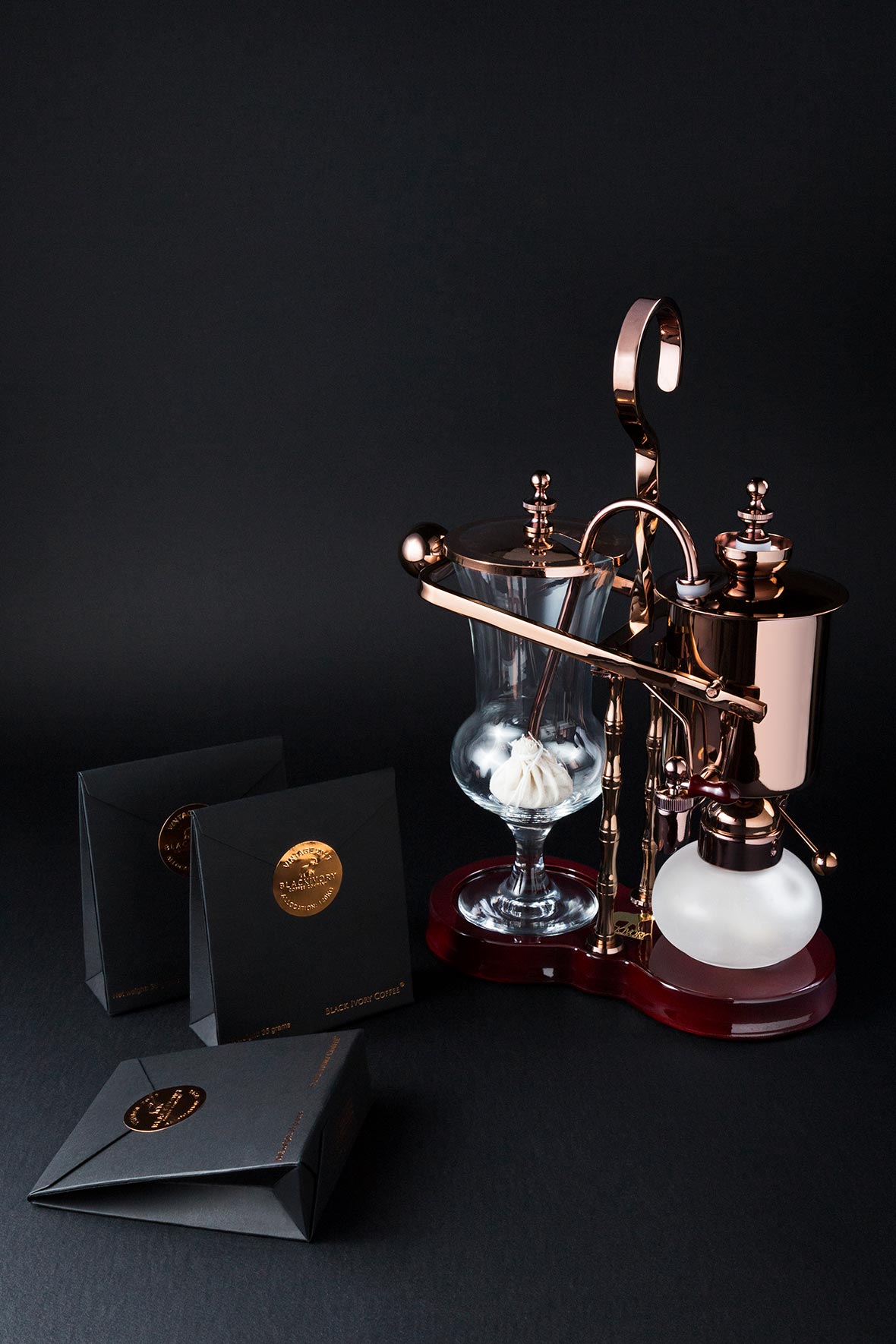
ABOVE: Beans and brewing mechanism.
Notes of chocolate, malt, spice, tamarind, and a hint of grass can be tasted in a cup of Black Ivory Coffee, and no bitter aftertaste. The elephants bring two things to the production process of the coffee: enzymes that reduce the bitterness from protein and a fermentation process in the elephants’ stomachs increases the flavor.
The caffeine in the beans is harmless to the animal as the caffeine becomes active after being roasted. According to Blake, elephants can ingest the coffee without damaging the beans, and it’s a safe, accessible means of production, a message endorsed by the Golden Triangle Asian Elephant Foundation.
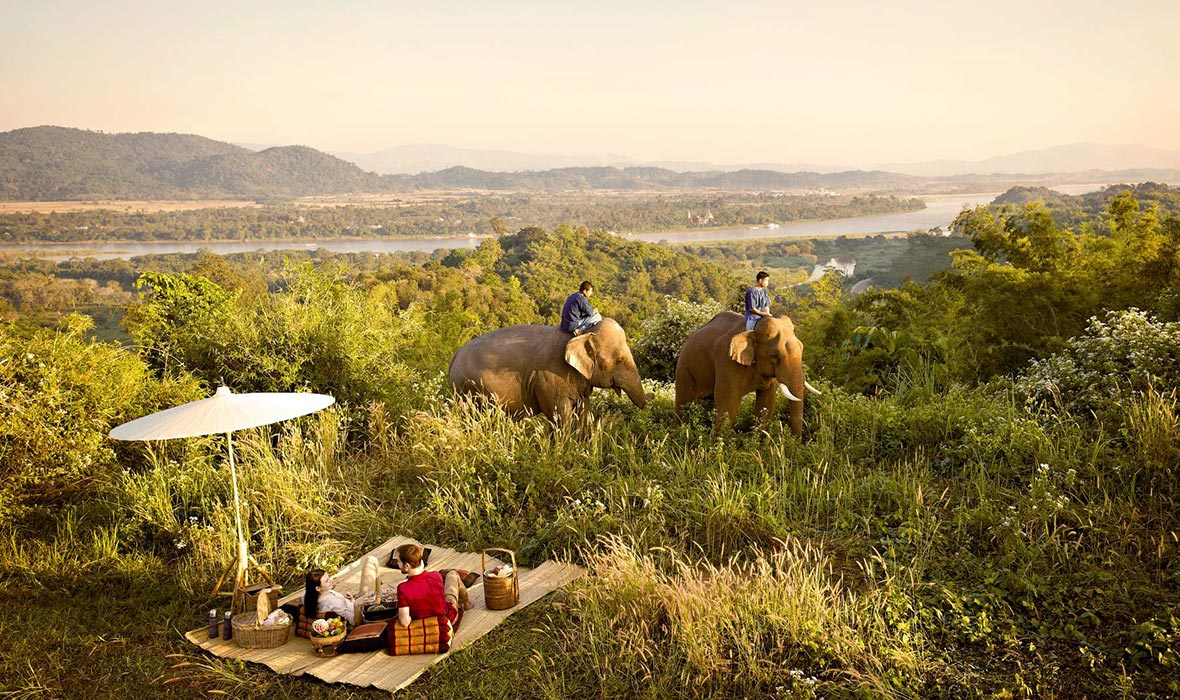
Black Ivory Coffee is brewed in an 1840’s French style syphon coffee brewer, a popular style in Europe until after WWII. Once brewed the coffee will be poured. At 75 degrees Celsius it is too hot to drink. The ideal drinking temperature is between 60 and 65ºC. Black Ivory Coffee is served in special glassware – much like a brandy glass to showcase the particular color and gauge the temperature: if the glass is too hot to touch, the coffee is too hot to drink.
In the 5-star hotels where the coffee is served it is hand-ground and brewed at the table. “Water is poured into the copper pot where it is heated with a flame fueled by methyl alcohol,” Blake says.
Blake intends for the coffee experience to revolve around stimulating the senses, incorporating the sight, sound, and smell of fresh coffee being ground and brewed. The particular glassware, luxury hotel, and serving process are all a part of what is one of the most unique – and expensive – coffee experiences on Earth.

